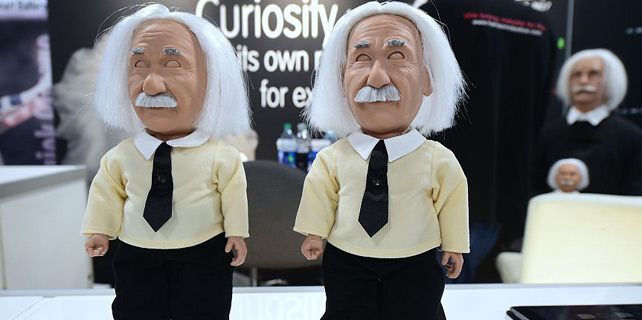Military efforts alone will not end US' longest war
While not forgetting to continue lambasting his immediate predecessor for what he did regarding Afghanistan, the sitting US president has actually followed in his predecessor's footprints by choosing to boost the United States' military presence there.
This, as he conceded, goes against his original instinct to pull out. And his vow on the campaign trail, when he said the US' presence in Afghanistan was sheer "nonsense".
Yet Donald Trump eating his own words may not be that bad in this instance. That the US president has opted to defy his own instincts and embrace a move he would have vehemently refused to make earlier in his presidency is a precious bow to reason. This, along with the recent ousting of Steve Bannon, whose controversial orientations sowed too much tension on too many fronts, gives the impression that Trump is learning the ropes. At least he is coming to terms with the cruel reality in Afghanistan that Obama was concerned about, and the dire consequences of "a hasty withdrawal".
Although George W. Bush, who launched the "war on terror" in retaliation for the terrorist attacks on the US in 2001, declared "mission accomplished" two years later, the war is still far from over, not least in Afghanistan.
Trump's latest idea of seeking Afghan, Indian, NATO and Pakistani assistance in fulfilling the US' goals there is a rare awareness of the limitations of US capabilities and the value of international partnerships. Only it will be quite another thing to get Pakistan's cooperation via the unprecedented pressure he promised, or to convince NATO allies to send more troops, and India to help economically.
Even if he manages to assemble the international coalition he aspires to, Trump may still not succeed where both Bush and Obama failed, because military intervention alone will not do the trick. And he has no intention of going beyond that. "We are not nation-building again. We are killing terrorists," he said.
While China welcomes efforts to improve the security situation in Afghanistan and hopes the US policy will help to achieve that and promote stability, it has steadfastly called for national reconciliation and development to be advanced at the same time.
Overwhelming US military prowess may stop terrorist resurgence and deny terrorists access to weapons of mass destruction. However, even if it is against President Trump's wishes, unless the US presence in Afghanistan proves conducive to the war-torn country's process of nation building and addressing the problems of anarchy, poverty and factional strife, the day may never come when Washington can assuredly claim the war is won.









